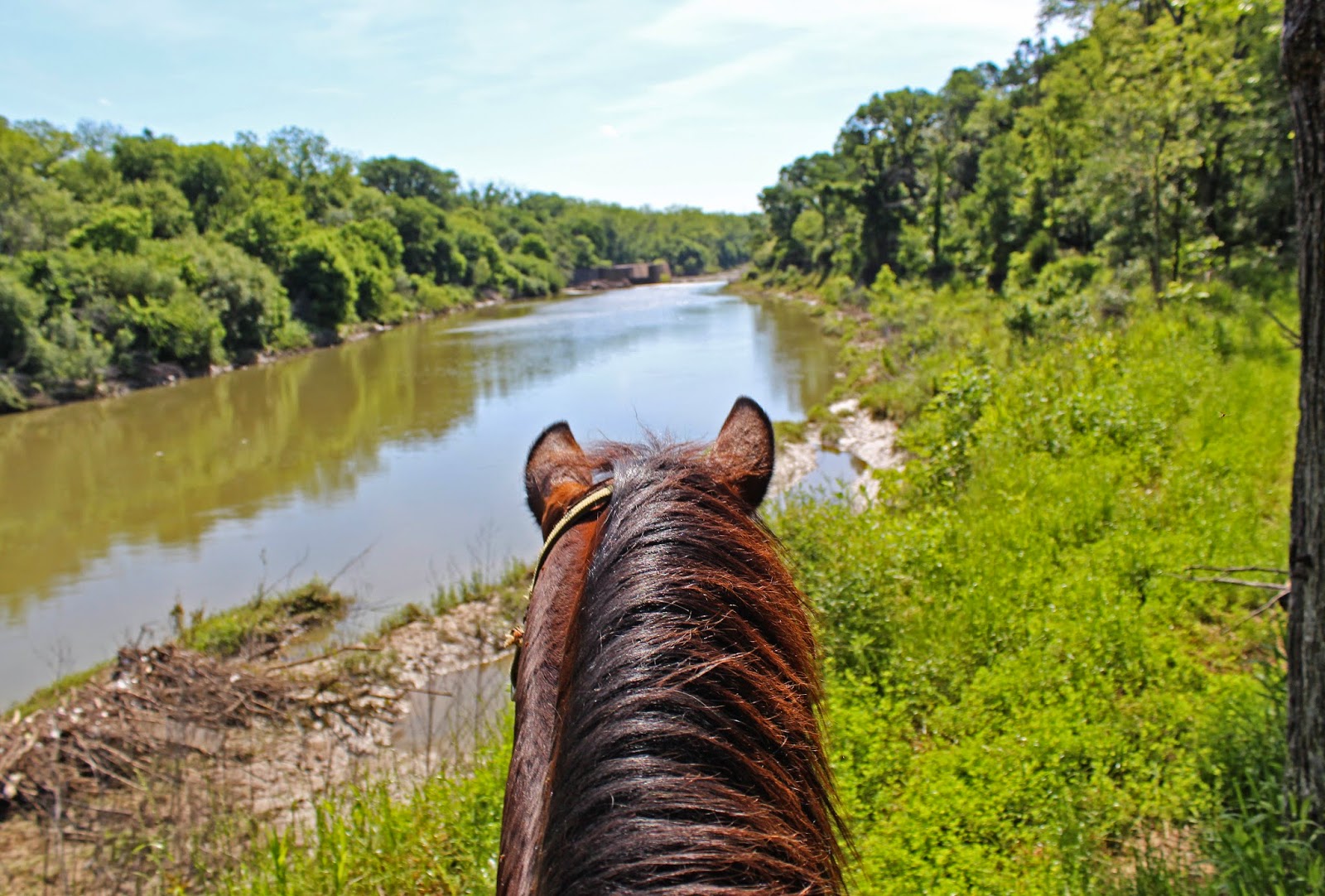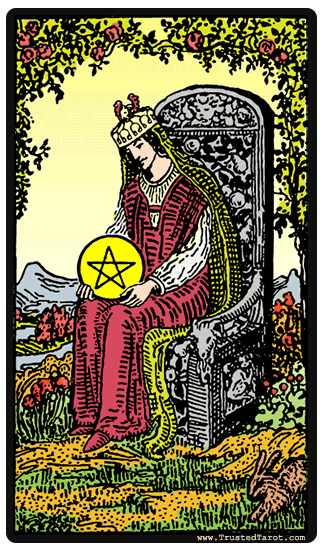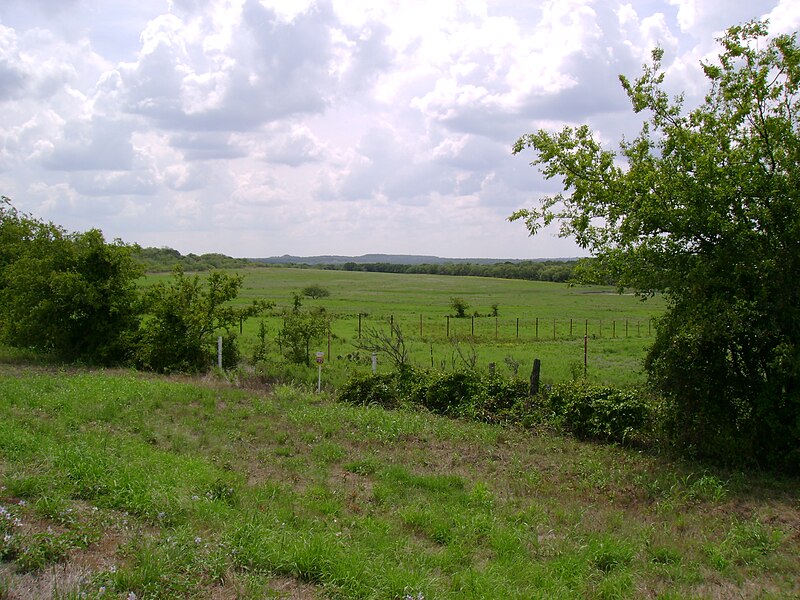Welcome y'all again to the seventh installment of the 36ish part 2018 Monster Energy NASCAR Cup Series Autosport Series. 7th race weekend of the season is go in a place called Fort Value.

Apparently this place is also called Cowtown. So I bet Kyle Busch feels right at home.
Last week had a breather from Napcar ( and every other Motorsport imaginable ) because of some global monotheistic thing I dunno. But actually we had a race but on Moonday instead of Sunday thanks to Martinsville deciding that Winter wasn't fully satisfied.

how Nascar feels sometimes on these forums
When the racing resumed it was Spinderella, aka Clint Bowyer ending one of the longest standing winless streak at 190 races to finally burn that rubber down the front stretch and taking awkward picks with his kid in Parc Ferme Victory Lane.

I really like this picture

the face I make when I try to write this thread and watch the WRC power stage, BTCC and SuperGT at the same time
Established as an army outpost in 1849, Fort Worth, Texas, is known as “Cowtown" for its cattle drive history. Located along the Trinity River where millions of cattle were herded on the Chisholm Trail, Fort Worth calls itself the "place where the West begins."
Along the Chisholm Trail
On June 6, 1849, Mexican-American War hero General William Jenkins Worth, established a camp on the bank of the Trinity River to protect settlers from Native Americans, and the fort became his namesake. In August 1849, Major Ripley S. Arnold was ordered to move Camp Worth to the north-facing bluff which overlooked the mouth of the Clear Fork. The United States War Department officially named the post Fort Worth on November 14, 1849.
Because of its proximity to the Chisholm Trail and convenience to Midwestern markets, transportation and communication played a key role in Fort Worth’s growth. The Yuma Stage Line made Fort Worth its eastern terminus for Yuma, Arizona, and the Texas and Pacific Railway made the town its eastern terminus for San Diego, California, during the 1870s. When the Pacific Railway connected to Fort Worth in 1876, the Fort Worth Stockyards were transformed into a prized livestock center.
During the wild era of cattle drives that passed through Fort Worth, gambling parlors, saloons, and bakeries sprang up around town and became known as “Hell’s Half Acre." The city continues to celebrate its wild west heritage and is currently referred to as “Funkytown" by urbanites from neighboring Dallas.
Into the 20th Century
During World War I, the U.S. Army established Camp Bowie, which trained 100,000 men in Fort Worth. Located in the Arlington Heights area west of Dallas, the United States Army Air Force converted three airfields into training centers for aviation activities at Camp Bowie. When oil was discovered in Texas, such refinery and pipeline companies as Sinclair Refining Company, Texaco, and Humble Oil and Refining Company (later Exxon Company, U.S.A.) established operations there, it led to the establishment of oil stock exchanges in Fort Worth.
Fort Worth’s cultural life and higher learning centers
Fort Worth has established itself as a center for higher education offering students such institutions as Texas Christian University, Texas Wesleyan University, Southwestern Baptist Theological Seminary, University of North Texas Health Science Center at Fort Worth, and the Fort Worth campus of the University of Texas at Arlington.
Many interesting museums, as well as cultural and historic centers, exist and flourish in Fort Worth, including the Fort Worth Museum of Science and History/Omni Theater, which is one of the largest science and history museums in the Southwest, and “The Modern," formerly known as the Modern Art Museum of Fort Worth. Considered a “temple of modern art," the Modern showcases contemporary American and European art from 1945 to the present.
Celebrating the history of the area is the Texas Civil War Museum, which contains the largest collection of Civil War artifacts west of the Mississippi River. For a history of World War II flyers, the Vintage Flying Museum offers a unique view of that era with 20 WWII aircraft on exhibit. Exhibiting the contributions women made to the taming of the American West is the National Cowgirl Museum and Hall of Fame. This museum is one of a kind and dedicated to displaying examples of the pioneering spirit and remarkable courage women showed during their trailblazing undertakings. The hall of fame has inducted such significant women as Sacagawea, Annie Oakley, Laura Ingalls Wilder, and former Supreme Court Justice Sandra Day O'Connor.
Fort Worth contains many other interesting and culturally diverse activities for visitors. Among those are the Fort Worth Zoo, which opened in 1909 and is the oldest continuous zoo site in Texas; Fort Worth Water Gardens, which is known as “cooling oasis in the concrete jungle" of downtown; Six Flags Over Texas Amusement Park* in nearby Arlington; and the Fort Worth Opera. The stockyard's National Historic District, listed on the National Register of Historic Places, has a rodeo and the world’s only daily cattle drive on its 125 acres. NASCAR and IRL IndyCar racing, along with every other major form of American car racing, is held at the Texas Motor Speedway where driving classes are open to the public. Speeds of up to 150 mph can be easily reached by student drivers.
the only random paranormal video this thread
The river that passes through Forth Worth is called the Trinity River:
The Trinity River is a 710-mile-long (1,140 km) river in Texas, and is the longest river with a watershed entirely within the U.S. state of Texas. It rises in extreme northern Texas, a few miles south of the Red River. The headwaters are separated by the high bluffs on the southern side of the Red River.
Robert Cavelier de La Salle, in 1687, called the stream the "River of Canoes". The name "Trinity" came three years later in 1690 from Alonso de León, who called the stream the "La Santísima Trinidad" ("the Most Holy Trinity")

I actually adore Texas

picture of the 1908 Trinity Flood or one of the rivers made from Kasey Kahne's tear. you decide
The ecological region where this place can be found is called the Cross Timbers
The Cross Timbers are defined by the United States Environmental Protection Agency as Ecoregion 29, a Level III ecoregion. Some organizations and maps refer to the Cross Timbers ecoregion as the Central Oklahoma/Texas Plains. The Cross Timbers are contained within the WWF Central forest-grasslands transition ecoregion.
The woodland and savanna portions of the Cross Timbers are mainly post oak and blackjack oak on coarse, sandy soils;[4] fire suppression in recent years has increased forest density and allowed eastern redcedar to invade as well. The short, stout oaks that grow in the Cross Timbers were not usable as timber and those that were not cleared for farmland constitute one of the least disturbed forest types in the eastern United States (MADISON), with some 890,000 acres (3,600 km2) of old-growth forest scattered throughout the region.[5] These old-growth forests contain millions of post oak from 200 to 400 years old and red cedar over 500 years old. The prairie portions are chiefly tallgrass on finer, dry soils; overall, the Cross Timbers are not as arable as the surrounding ecoregions.Today, land use is a mixture of rangeland, pastures, and farmland. The area has also been an important site of oil extraction for over 80 years.
Geologically speaking, the Cross Timbers are underlain by Pennsylvanian and Cretaceous-era sandstone and limestone that has been moderately dissected, giving the region a gently to moderately rolling topography, including some cuestas. Although local relief is relatively low, it is generally greater than that in the surrounding ecoregions, although this is not the case with the Flint Hills in Kansas.
Ecologically, the EPA includes the Cross Timbers as part of the vast Great Plains, which comprise Level I Ecoregion 9.0, stretching from central Alberta in Canada to northern Mexico. More specifically, the Cross Timbers fall into Level II Ecoregion 9.4, the smaller South Central Semi-Arid Plains.[7] In southern Oklahoma, the Cross Timbers are literally located on the very edge of the Great Plains, as they border directly onto parts of Level I Ecoregion 8.0, the Eastern Temperate Forests; elsewhere, the Cross Timbers are separated slightly from the Eastern Temperate Forests.
I would love to visit all these random places

In classic astrology the 2nd house represents material security. A human being would become self-aware (the 1st house), and then proceeds to buy a cow (2nd house & Taurus symbol). In old times the cow offered a continuous source of protein from its milk, which probably made the difference between health and starvation.
Today we’re way beyond starvation in many countries – chances are that everyone reading this, will never have to worry about food, clothing or shelter as long as we live. Yet so many people suffer from a sense of insecurity or anxiety about themselves and their purpose in life. This raised the awareness that 2nd house also represented the concept of “self worth” in modern society.
Building Self Worth
1) Living Consciously: Mindful awareness and desire to learn and grow.
2) Self-Acceptance: We acknowledge what we think, say or do without denial or condemnation.
3) Self-Responsibility: Giving up blame, and focusing on doing what needs to be done.
4) Self-Assertiveness: Being authentic in front of others; willing to stand up for ourselves or our ideas.
5) Living Purposefully: Identifying and working toward short and long-term goals. Being organized for that purpose.
6) Personal Integrity: What we think, say and do are congruent. We honor our commitments to ourselves and others.
Each of these can be a major growth area for many of us. It’s interesting that all of the 6 practices involve our personal will, and none of them could be accomplished without a conscious choice. So it seems that we don’t mindlessly stumble onto increased self worth, nor can we hope that a favorable transit will boost our self esteem by itself.
Tarot card of the race:

Queen of Pentacles
Sitting on her throne in a flowery meadow is the Queen of Pentacles. In her hands she cradles a golden pentacle, almost as if it were a child. At her feet is a rabbit, suggesting that it is the spring.
At her feet is a rabbit, suggesting that it is the spring.
The Queen of Pentacles represents traditionally feminine traits: homemaking, mothering, fertility, and nurturing. She often represents an actual person, so pay attention to if she is representing you or an authoritative women in your life.
She often represents an actual person, so pay attention to if she is representing you or an authoritative women in your life.
This card is likely to appear to someone who is transitioning into the next phase of their life. If you’ve been working towards a promotion, or have been trying to conceive, it’s common for the Queen to reveal herself in your readings.
If you’ve been working towards a promotion, or have been trying to conceive, it’s common for the Queen to reveal herself in your readings.
The Queen of Pentacles is the mother of her element, the water in the earth, which makes her the perfect mother, conforming and emotional as for the water and stable and reliable as for the Earth.
The Queen of Pentacles is kind and tender, friendly and good-hearted, she has fine instincts and intuitions. She is strong and sensitive, protects her house and family and cares as well for emotional and material well-being. She is calm and practicable and can be a good, industrious worker.
Beneath the calm surface, the Queen of Pentacles can tend to lust and debauchery, fond of intoxicating stimulants, but she keeps it hidden. At the best, she will know that the dose makes the poison - at the bad, she won't.
On the dark side, the Queen of Pentacles lacks both the qualities of Air and Water, therefore she can get foolish and rather unintelligent, without pride and spirit, easily getting in needless dependence and being too weak to free herself - or even worse: not even trying to get free and independent.
Drive: Fertility, womanliness, security for family, home and materials
Light: Kind, charming, great-hearted, truthful, stable, sensual
Shadow: Moody, foolish, undecided, weak, dependent
Astrology chart of the day:

I am too tired to mumble about what this means but I'll leave you with this Astrology video from one of my favorite astrologers:
I can't recommend this highly enough
Race starts at 7 pm UK time.
Track guide:

Here's someone from North Texas:

What a grand and intoxicating weekend of Motoracing. Let's keep it going.

*triple sacred boogity*

















